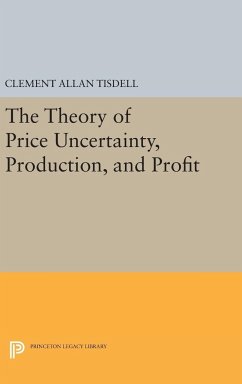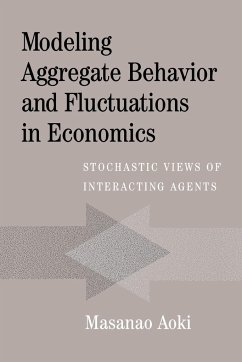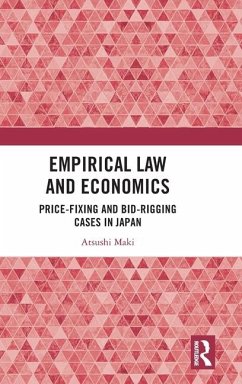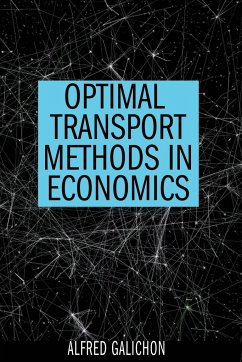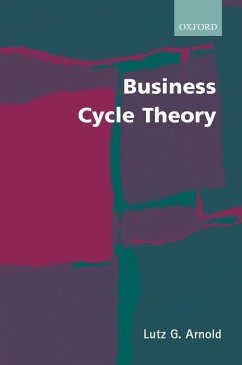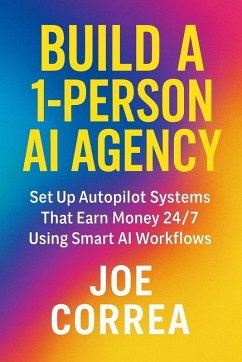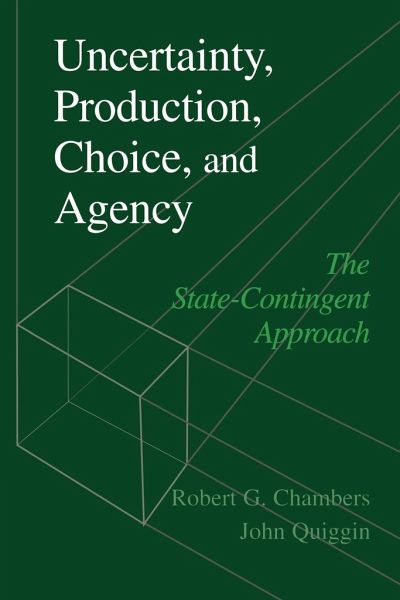
Uncertainty, Production, Choice, and Agency
The State-Contingent Approach

PAYBACK Punkte
31 °P sammeln!
This book demonstrates that the state-contingent approach provides the best way to think about all problems in the economics of uncertainty, including problems of consumer choice, the theory of the firm, and principal agent relationships. The authors demonstrate that dual methods apply under uncertainty and that the dual representations can be developed for stochastic technologies. Moreover, proper exploitation of the properties of alternative primal and dual representations of preferences allows analysts to generalize and extend the results of the existing literature on preferences under unce...
This book demonstrates that the state-contingent approach provides the best way to think about all problems in the economics of uncertainty, including problems of consumer choice, the theory of the firm, and principal agent relationships. The authors demonstrate that dual methods apply under uncertainty and that the dual representations can be developed for stochastic technologies. Moreover, proper exploitation of the properties of alternative primal and dual representations of preferences allows analysts to generalize and extend the results of the existing literature on preferences under uncertainty, thus making expected-utility theory largely superfluous for many decisions. These insights open the way for developments in the basic theory of production under uncertainty, the theory of hedging behavior, the analysis of agency problems and the theory of production insurance.
Table of contents:
1. States of nature; 2. State-contingent production; 3. Risk aversion, preferences, and probability; 4. Indirect and dual representations of stochastic technologies; 5. State-contingent production: the theory; 6. Production with futures and forward markets; 7. Production insurance; 8. Production and non point source pollution regulation; 9. The moral hazard problem; 10. Endogenous reservation utility: agency and exploitation.
Demonstrates that the state-contingent approach provides the best way to consider all problems in the economics of uncertainty, including consumer choice, the theory of the firm, and principal agent relationships. The authors show that dual methods apply under uncertainty and that the dual representations can be developed for stochastic technologies.
Justification of the state-contingent approach to the economics of uncertainty.
Table of contents:
1. States of nature; 2. State-contingent production; 3. Risk aversion, preferences, and probability; 4. Indirect and dual representations of stochastic technologies; 5. State-contingent production: the theory; 6. Production with futures and forward markets; 7. Production insurance; 8. Production and non point source pollution regulation; 9. The moral hazard problem; 10. Endogenous reservation utility: agency and exploitation.
Demonstrates that the state-contingent approach provides the best way to consider all problems in the economics of uncertainty, including consumer choice, the theory of the firm, and principal agent relationships. The authors show that dual methods apply under uncertainty and that the dual representations can be developed for stochastic technologies.
Justification of the state-contingent approach to the economics of uncertainty.





